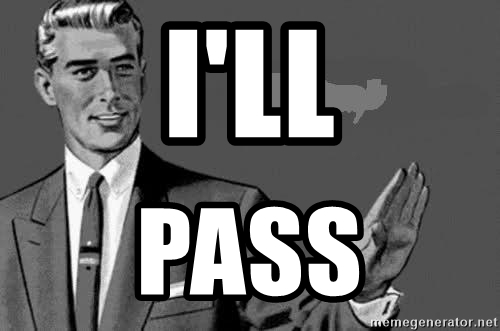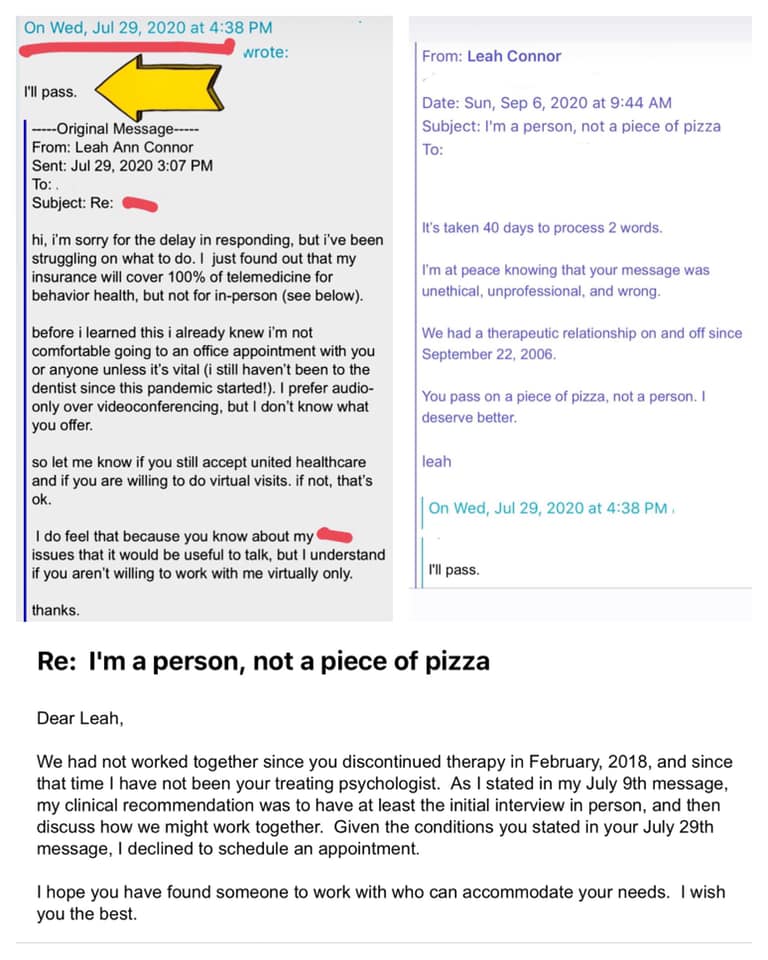
I am not a quitter. Musical instruments are about the only thing I’ve given up on, having failed miserably at the piano, then flute, the guitar, and drums.

Although one of my shining moments in high school was playing the drums in a neighboring Catholic High School’s rendition of “Camelot.” My one and only “professional” musical gig.
Persistence and grit have helped me become a successful long distance runner, but that inability to take a break when necessary has also left me injured and broken. (Literally! My sesamoids!)
Knowing when to press pause, stop, or reset is as crucial as having the desire and guts to start. That’s why I only gave medals to runners who dropped out of the Rivanna Greenbelt Marathon rather than those who finished. I knew how difficult it was to DNF because I have only done it twice in 13 years of running 100s of races. Ending one race before the finish line does not mean you’ve entirely given up on your goals. It just means you’ve delayed trying to achieve one on a particular day when the odds were not in your favor in hopes of being more likely to achieve it in the future on a better day.
I’ve found every journey — it’s beginning, ending, and everything in between — yields it’s best results when there are clear boundaries and guidelines. I always read the event rules, employee handbook, and informed consent. I am determined to follow my own personal moral code. Breaking the rules might not always get you disqualified, hurt, or fired, but there is no inherent victory in living in a world where you’re beyond reproach or accountability.
I have never been one to decidedly and permanently end any personal relationship… to ignore or erase someone willingly from my life. I will always leave the door open. I’m not resistant to apologizing myself when I’m wrong and I will always graciously accept an apology from anyone no matter how long it takes.
My husband is self-described as aloof, but he makes me laugh which, to me, is essential for any healthy relationship. I might not always get the emotional support I want or need, but we have a bond that’s lasted since we first met in 1994. When we moved to Charlottesville I had no local friends and yearned for connection so I chose therapy as an option to guide me on a path to personal growth and positive change. I hoped I could improve my self-esteem and develop the skills to comfort and care for myself.
It’s been difficult for me to admit and thoroughly process, but I had a very unhealthy and emotionally damaging relationship with a therapist that began on September 22, 2006 and permanently ended on July 29, 2020. I didn’t officially quit or terminate the therapy. I had tried numerous times since 2007, with varying degrees of success. (Success being the length of time that lapsed between sessions, the longer it was, the more successful.)
I last saw him in-person for a session on February 19, 2018, but there were a few random encounters and emails before my final attempt to schedule an appointment in July 2020 when I was struggling with changes relating to the pandemic as well as work. We emailed a bit back and forth with a joke and emojis. He offered me a couple potential times to meet, but when I made a thoughtful and detailed request for a virtual session rather than in-person because of COVID-19 concerns and my insurance coverage, his harshly dismissive, insensitive, two-word response was
“I’ll pass.”

It took me 40 days to process those two words and to respond to him, but before I did, I finally filed a complaint with the Enforcement Division of the Department of Health Professions about his abusive behavior, specifically the blurred boundaries, dual relationships, billing issues, and frequent outbursts of anger.
There are doors that are closed, others locked, doors we can easily open, others we gladly shut on our own, and then there are doors that hit us on the way out. I had a door hit me as I left my therapist’s office after a heated political argument (yes, so many things wrong with that scenario). It scared me and scarred me emotionally, but even that didn’t keep me from trying to salvage the relationship one more time rather than officially quit.
I’ve found that I’m most frustrated when there’s no clarity or when I feel like I’m being ignored and that’s been my experience as I’ve waited the 9 months since this investigation began. Without any final resolution, I’m still ruminating and analyzing, trying to find the meaning in past words, actions or inactions, to ascribe motives.
If I think about what harmed me the most … it wasn’t the inappropriate out of session communications, the half of a red velvet cake he gave me on my 40th birthday, his oversharing of personal, family, and health information, the unwarranted criticisms of me or my husband, or the dependency on him he fostered with the frequency of appointments and no clear treatment plan … it was the anger, the rage, especially when I dared to question his own intentions, behaviors, or business practices.
Almost everyone who’s been to therapy has a hidden desire to feel special or unique, to want to know what the therapist really thinks about them, to be liked, to be cared for, and maybe even to blur those boundaries in an effort to redefine the relationship. Trust me: those boundaries are there to protect you, the client. If a therapist doesn’t respect them, run away and, if you can, report it to the licensing board.
My dysfunctional therapy was a secret for a long time, but when I first described the dynamics of the relationship to another therapist who I had been seeing with my husband for couples therapy, he asked if I had seen the movie “Gaslight.” The term gaslighting has become more popular over the past 5 years, but back in 2007 it was a foreign concept to me. I quickly googled it and learned how appropriately it applied to my situation.
I have an intuition and sense about people that’s very good, but I started doubting my own gut feelings that something was very wrong in this case. I shouldn’t have. I know now I never was misreading the situation, that this therapist acted inappropriately and unprofessionally and for whatever reason we had a stormy relationship that I couldn’t quit and he would never end by referring me to another professional.
Yes, I have issues and I’m probably the first to willingly admit all of my faults, my anxieties and indignations, but I’ve come to learn that it wasn’t just me who was treated in a harmful manner by this therapist. I found quite a number of online reviews that are frighteningly similar to my own experience.
I feel a bit guilty, but it’s actually comforting to find out that he was explosive, rude, disrespectful, threatening, mean, controlling, and unprofessional with other clients, it wasn’t just me.
I always made excuses for his outbursts … I deserved it, I’m difficult, I have a hard time letting good things in so when he did say nice things about me it was hard to believe it, so in a way I misinterpreted his anger as intimacy that I could not reject out of hand.
But if I’m honest, I probably would be rather upset to find out that he lied to me when he said I knew more about his personal life than anyone else he ever worked with and I will definitely need to address that seriously messed-up feeling with a future counselor.
Having a therapist repeatedly violate boundaries should NOT feel like a badge of honor, but it was one of the reasons I never reported him. Until now, I couldn’t even consider that I might be just one of many victims because I didn’t want to even see myself as a victim. I completely rationalized the experience, blamed myself for pushing and testing him, and for asking all the questions that he freely answered.
If it wasn’t just me who he took advantage of and used for his own personal and financial needs would that make me even more pathetic for convincing myself to keep trying to make it work and never quitting despite so much misery and so many red flags? Although I didn’t want to know the answer, I could no longer live with myself if I didn’t at least try to do something to prevent this from happening to anyone else. I have to hope that my complaint could possibly protect other potential clients from his insensitivity and anger.
Even though waiting for resolution is excruciating, I immediately felt empowered when I finally took action and had conversations with the investigator and my insurance company. Every time someone listened to my story and told me this wasn’t right or it wasn’t uncommon, I felt somewhat validated.
It’s probably impossible for me to get all the answers and clarity I seek, to understand why this happened to me, but I do hope there will be an official record about my experience as “Client A” and for the board to acknowledge there was a violation even if there’s no disciplinary action.
Two days after I filed the formal complaint I sent my final message to my former therapist:
Subject: “I’m a person, not a piece of pizza.”
It’s taken 40 days to process 2 words.
I’m at peace knowing that your message was unethical, unprofessional, and wrong.
We had a therapeutic relationship on and off since September 22, 2006.
You pass on a piece of pizza, not a person. I deserve better.
His response two days later was nothing like any other message he ever sent me, it seemed more likely written by a lawyer or an HR manager. Of course there was no apology for his previous insensitive two-word rejection, rather it ended with, “I wish you the best.”

Ok, I really wish he would have sent that message instead of “I’ll pass.”
The good news in all of this is that I’m finally becoming more comfortable with myself and am better at creating and respecting boundaries. As I’ve been more honest about my past experiences, I’m optimistic and hopeful for future personal growth and am grateful to have a new counselor who I trust to work with when I’m ready.
If you never watching HBO’s “In Treatment”, I’d highly recommend it. The episodes with Paul and his mentor Gina in seasons 1 and 2 and psychiatrist Adele in season 3 are great examinations of the importance of boundaries.
Related Articles:
“In Treatment”: Therapeutic Boundaries & Ethical Issues in the 2nd HBO TV Series
In Treatment depicts a realistic end of a patient-therapist relationship
In Treatment: Gina
In Treatment recap: Adele proves her skill
To Cross Or Not To Cross: Do Boundaries In Therapy Protect Or Harm?
Is a therapist allowed to do that?

No comments:
Post a Comment